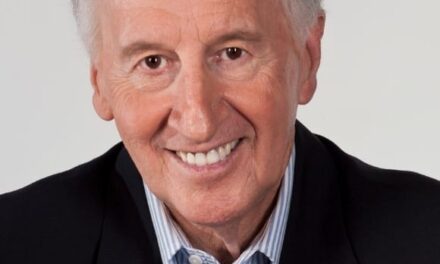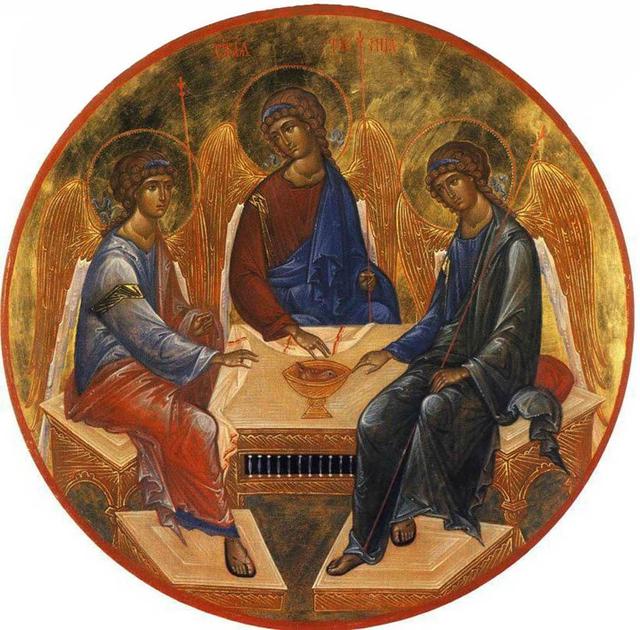The Luke’s version of the four beatitudes, the Gospel for today is less well known than Matthew’s version of the eight beatitudes (Jn 20-26, Matt 5:3-10). However, the Luke’s version is very powerful, dynamic, striking, compelling and persuasive. Luke’s version of the Beatitudes, more to the point, ‘hinges on that decisively important spiritual attitude of detachment … It means that I am unattached to worldly values that become a substitute for the ultimate good of God.’ Luke’s reflection is that, Jesus not only teaches, he heals. Jesus came down to the level and needs of the people. He is standing in our midst today as he ‘stood on a level place, with a great crowd of his disciples and a great multitude of people from all Judea, Jerusalem, and the coast of Tyre and Sidon. They had come to hear him and to be healed of their diseases; and those who were troubled with unclean spirits were cured.’
The great crowd around Jesus were not just casual worshippers. They were poor people who had come to listen to him and to be healed of their diseases bearing in mind that faith and healing comes and grows by hearing and and by hearing the Words of God. They were people troubled with unclean spirits. They did not rationalised their inadequacies neither did they allowed pride or self sufficiency to denied them their healing and deliverance. They were indeed poor in the spirit. They accepted their human limitations and dis-eases. The Bible says, “And all in the crowd were trying to touch him, for power came out from him and healed all of them” (v 19).
Jesus’ final analysis and statement about the crowd to his disciples points to the two striking and compelling natures of Luke’s version of the Beatitudes. What Jesus said to his disciples 2000 years ago resonates with the sources of blessings and woes in the church and our nations today. Jesus said, “Blessed are you who are poor, for yours is the kingdom of God. Blessed are you who are hungry now, for you will be filled. Blessed are you who weep now, for you will laugh. Blessed are you when people hate you, and when they exclude you, revile you, and defame you on account of the Son of Man. Rejoice in that day and leap for joy, for surely your reward is great in heaven; for that is what their ancestors did to the prophets” (vs 19-23). Indeed, blessed and powerful are the poor, the poor like Naaman who obey God’s Word as spoken by the prophet, directing him to river Jordan (2 Kg 5).
Hunger and thirst are frequent human urges. They exemplify powerful desires (Is 55:1-2). Jesus used hunger to ‘convey a consuming desire, like a young and inexperienced sports team hungry for a win, or an individual who, after a string of failures, is hungry for success.’ To be blessed when hungry communicates a blessed appetite for a particular pursuit: righteousness. Simon Tugwell on Beatitudes said that “IT IS THE DESIRE for God which is the most fundamental appetite of all, and it is an appetite we can never eliminate. We may seek to disown it, but it will not go away. If we deny that it is there, we shall in fact only divert it to some other object or range of objects. “Using the words of John Miller, “… BEATITUDE prompts a look at our heart’s desire. What hungers and desires operate within us? Which of them commands our utmost loyalty? Beloved, what hungers and desires operates in the church and our nations today? Our choices commands our loyalty, philosophy, theology, and spirituality.
The three synoptic Gospels recount Jesus’ challenging and compelling utterances about how difficult it is for a rich man to enter the kingdom of God. For example a certain rich man, a good man who kept the commandments, balked at the invitation to join His disciples in walking the road to perfection: “If thou wilt be perfect, go sell what thou hast, and give to the poor, and thou shalt have treasure in heaven: and come follow me” (Matthew 19:21). The certain man in you and I today hesitate and increasingly walking away from Gospel invitation to salvation because of our “… great possessions” (Matt 19 vs. 22). Indeed ‘it is easier for a camel to pass through the eye of a needle, than for a rich man to enter into the kingdom of God. And they that heard it, said: Who then can be saved? He said to them: The things that are impossible with men, are possible with God (Luke 18:25-27).
Unlike economic and political reforms that are two sides of the same coin, the two sides of life are not the same coin, but pointers to blessings and woes in the church and our nations today. What brings blessings to the poor points to woes to the rich. What is good news news to the poor is bad news to the rich because they have received their consolation in their riches, not hungry, no appetite for holiness but satisfied with wealth ‘not feeling their need of anything better than earthly wealth can give.’ The reflection is that there are riches that shall endure forever hence, woes are denounced against prosperous sinners as miserable people, though the world envies them. The truth is that prosperous sinners ‘laughing now … will mourn and weep’ later (Lk 6:25). The world and the church are caught in addictive pattern today as we place material things in the centre of our concerns. The rhythm for consumerism is on the increase though they don’t satisfy hence, Luke’s version of Beatitudes invites us to be unattached to material goods. Beloved, are the beatitudes your attitudes? Do you live the simple, basic life of the poor, apart from the materialistic consumerism and pride that rules our society? Do you mourn over the famine of God’s Word as the recognised guide for our society, not the intellectual mourning that judges and condemns society, but the heartfelt grieving of an empty spot in our life? Are you guided by clear vision God’s desire for you and anticipation of Jesus’ Second Coming? Are you persecuted for righteousness sake? Do your life attitudes stand in such contradistinction from society’s attitudes that you are considered strange and subversive? Remembers, there are to sides to life but not of the same coin – “Blessed are the poor … woes to the rich.”











Recent Comments